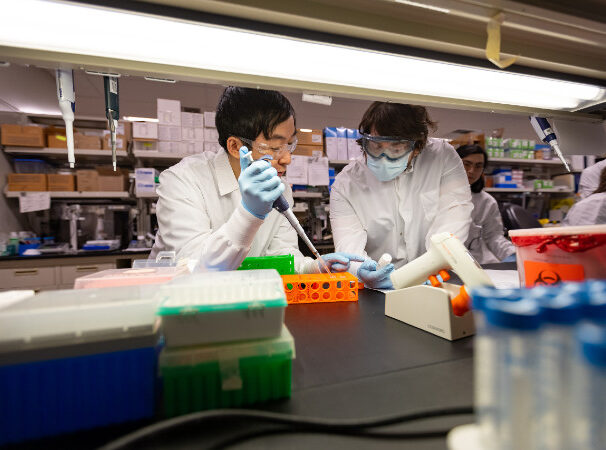HealthProviders DB is a comprehensive database of healthcare providers, including a complete directory of all Clinical & Laboratory Immunology Internal Medicine Physicians.
Internal Medicine Healthcare Taxonomy Code 207RI0001X
As of today, the following are the total number of Clinical & Laboratory Immunology Internal Medicine Physicians nationally, in your State, and near your location.
Select a State below to view the list by State. Additionally, you can narrow the list by city, among other options, from the Filter Panel, which you can open by clicking the vertical ellipses ⋮ in the upper right corner of the app.
Alaska – Alabama – Armed Forces Pacific – Arkansas – American Samoa – Arizona – California – Colorado – Connecticut – District of Columbia – Delaware – Florida – Federated States of Micronesia – Georgia – Guam – Hawaii – Iowa – Idaho – Illinois – Indiana – Kansas – Kentucky – Louisiana – Massachusetts – Maryland – Maine – Marshall Islands – Michigan – Minnesota – Missouri – Northern Mariana Islands – Mississippi – Montana – North Carolina – North Dakota – Nebraska – New Hampshire – New Jersey – New Mexico – Nevada – New York – Ohio – Oklahoma – Oregon – Pennsylvania – Puerto Rico – Palau – Rhode Island – South Carolina – South Dakota – Tennessee – Texas – Utah – Virginia – Virgin Islands – Vermont – Washington – Wisconsin – West Virginia – Wyoming
Medicare
The following are the total number of Clinical & Laboratory Immunology Internal Medicine Physicians who accept Medicare in your State, the number who have opted out of Medicare, and the total number excluded from participation in Medicare nationwide.
The diagram below shows all the Clinical & Laboratory Immunology Internal Medicine Physicians across the country, represented by blue bubbles. The larger the bubble, the greater the concentration of providers in that area. Red bubbles represent Medicare-excluded providers, with the larger bubbles indicating a higher percentage of excluded providers in that region. You can change the bubble size to be based on exclusions from the Size menu.
What do Clinical & Laboratory Immunology Internal Medicine Physicians do?
Clinical & Laboratory Immunology Internal Medicine Physicians diagnose and treat patients with immune system disorders, such as allergies, immunodeficiency (a weakened immune system), and autoimmune diseases, using both direct patient care and laboratory testing.
They interpret test results to guide treatment and collaborate with specialists to manage complex conditions across a broad range of illnesses in which immune dysfunction plays a role.
What they do
Diagnosis and Treatment: They investigate and manage patients with immune system-related conditions, including primary and secondary immunodeficiencies and severe or persistent allergies.
Laboratory Analysis: They direct and interpret comprehensive diagnostic laboratory services that evaluate immune factors, monitor disease progression, and assess the effectiveness of therapies.
Collaboration: They work closely with other specialists, such as rheumatologists and infectious disease experts, to provide holistic care for patients with complex immune-mediated diseases.
Patient Care: They see patients in clinics, assess their conditions, develop treatment plans, and provide ongoing management, including prescribing medications and therapies.
Developing New Tests: Clinicians in this field also engage in applied research to develop new diagnostic tests for identifying or monitoring various diseases and immune processes.
Conditions Treated
Autoimmune Diseases: Disorders where the immune system mistakenly attacks the body’s own tissues.
Allergic Conditions: Asthma, hay fever (also known as allergic rhinitis), food allergies, and eczema.
Immunodeficiency: Conditions where the immune system is weakened, making the patient vulnerable to recurrent and severe infections.

